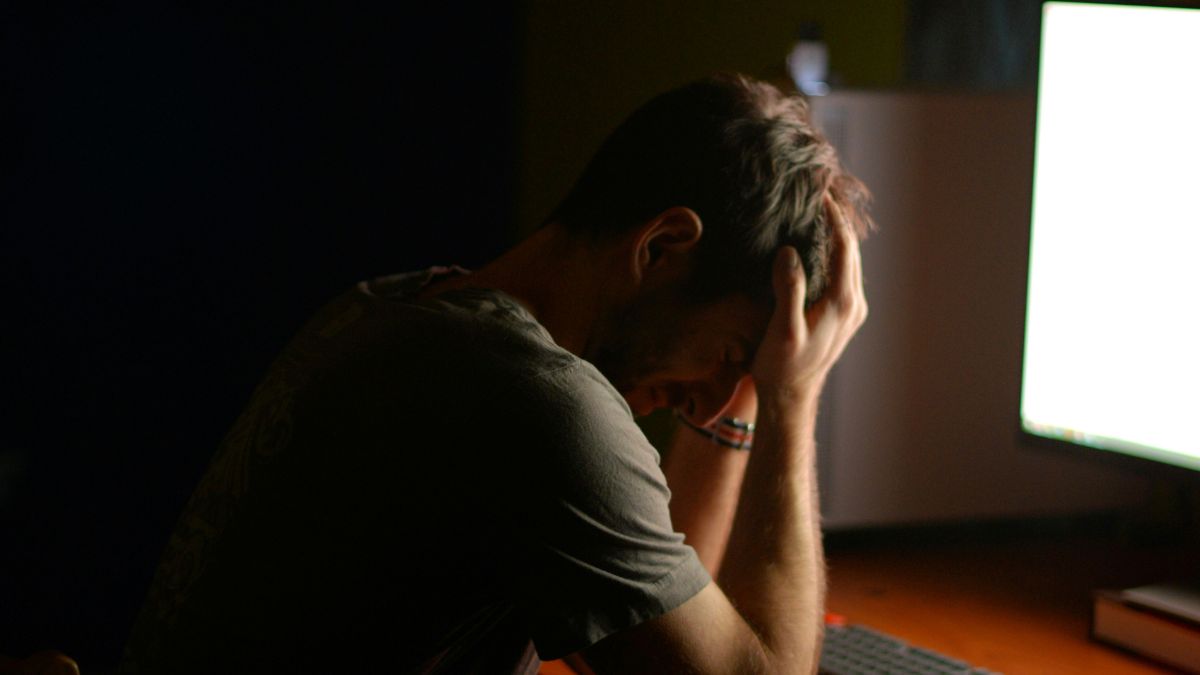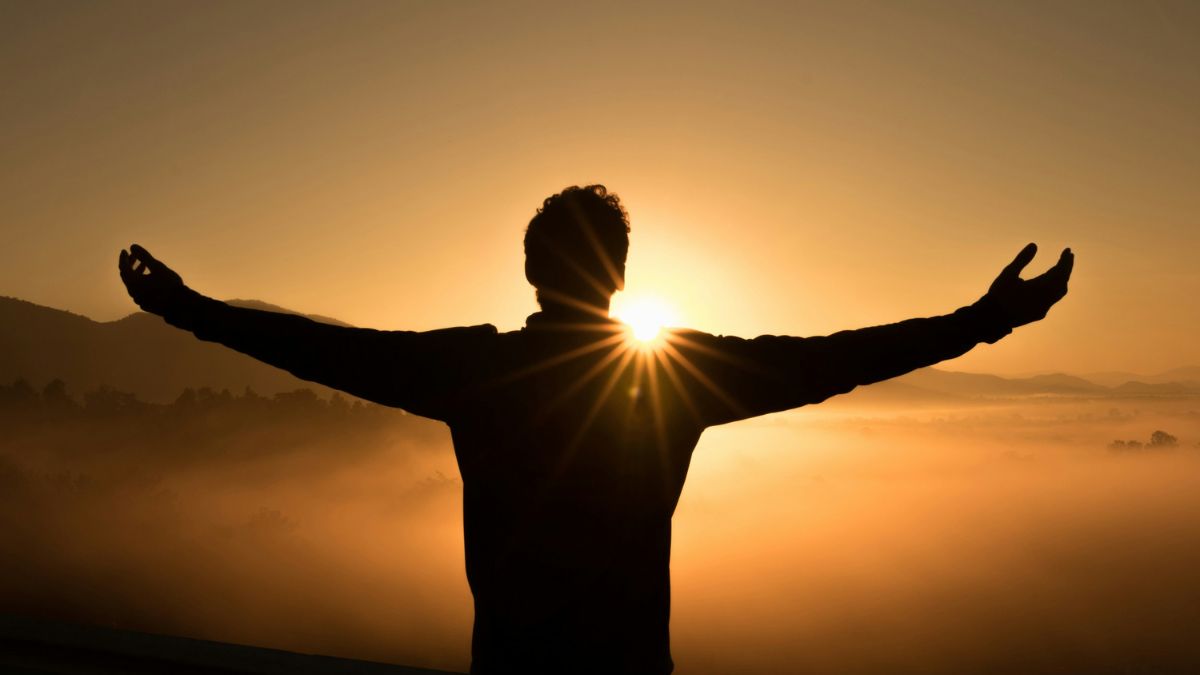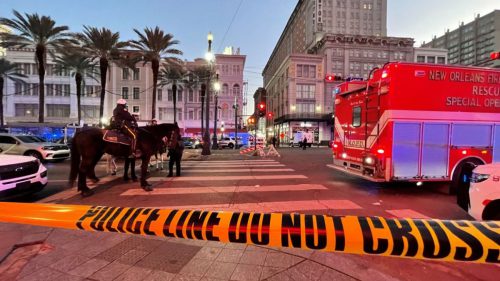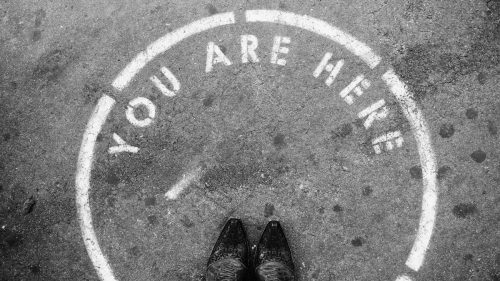

Addicted to Dystopia
Cultural narrative bends toward catastrophizing life, but Christians are anchored to something better.
01/9/25
John Stonestreet Timothy D Padgett

On the day after November’s election, several of the hosts of ABC’s “The View,” pondering how Vice President Harris lost despite her “perfectly run campaign,” wore black in a demonstration of mourning. That evening, a late night talk show host wept during the opening monologue. On social media, women announced the so-called “4B” movement, which called for boycotting men, shaving their heads, and undergoing “collective hysterectomies.” And with the inauguration around the corner, calls to boycott the political process continue.
Of course, people getting a little nutty about an election is not new, but the fallout this time has been even more theatrical than usual. Pundits didn’t just break down the results, they completely broke down, filming and then uploading their hysteria to social media. Actress and filmmaker Justine Bateman (better known by Gen X’ers as Mallory from Family Ties) recently weighed in on these performances, which came complete with lighting, acting, and set direction:
I have long been fascinated by the decision that many make to film themselves crying and upset. This has been a practice online for many years. As I’m a filmmaker, I am curious about the origin motivation for them. Do they have an upsetting experience, start crying, and then have the thought of “Oh, where’s my phone? I’ve got to film myself crying,” and then prop the camera up and sit back down in frame and continue the crying? Afterwards, they stop the recording, play it back—maybe do another take, maybe edit it together. And then they make this decision to post it, to distribute it internationally on their [account].
At least some of the “drama-la” could be the tendency of progressive elites to assume that everyone agrees with them. As William F. Buckley put it decades ago, “Liberals claim to want to give a hearing to other views but then are shocked and offended to discover that there are other views.” Of course, had Kamala Harris managed to win the election, plenty of voices from the Right would have publicly mourned and proclaimed a different version of the same prophecy about “the end of democracy.”
After all, that adage that “if it bleeds, it leads” is as true about social media as traditional media. And Americans don’t merely participate, they seem to enjoy it. Across the cultural spectrum, though this is the wealthiest, healthiest, freest society in human history, a disturbing number of people, especially before their disembodied online audience, embrace a dystopian view of reality.
Christians must not embrace this kind of victim stance, not any more than we could embrace the utopian fantasies of a century ago. Marxism and theological liberalism twisted Christian notions of justice and history and human potential by downplaying or denying the reality of the Fall. Today, much of American culture feeds on the reality of brokenness brought by the Fall, but without the larger context of Creation and Redemption. It’s as if the world was made broken, and there’s no sense in expecting anything else.
That story of the world is one that is absent any hope. In fact, hope today is often defined down, reduced to some Monty Python-esque “looking on the bright side of life.” Biblical hope, in contrast, has substance. As Father Richard John Neuhaus wrote many years ago,
There are people who say, “Well, we Christians are basically in a besieged position in the world. We are surrounded by forces that not only are the principalities and powers of biblical hostility but are the growing powers of a monolithic and unstoppable force.” And there are days in which we all have that sense. All of us who have contended to be Christian disciples, to be faithful, know times in which we are tempted to despair and to feel that we are a part not only of a minority enterprise but a failing and perhaps definitively failed enterprise.
But we have not the right to despair, for despair is a sin. And finally we have not the reason to despair, quite simply because Christ has risen. And this is the strength of a Christian world view, the strength of the Christian way of telling the story of the world: it has no illusions about it. All the other stories are built upon delusions, vain dreams, and utopias.
Rather than falling prey to or imitating the panic that defines our age, those who follow Christ are called instead to embrace what J.R.R. Tolkien called the “eucatastrophe,” an unexpected reversal of the bad for the better. And we can do that, because the Christian account of reality not only accounts for the evil that is in and around us, but it also assures us Who has the final say over history.
Have a Follow-up Question?
Up
Next

Related Content

© Copyright 2020, All Rights Reserved.













